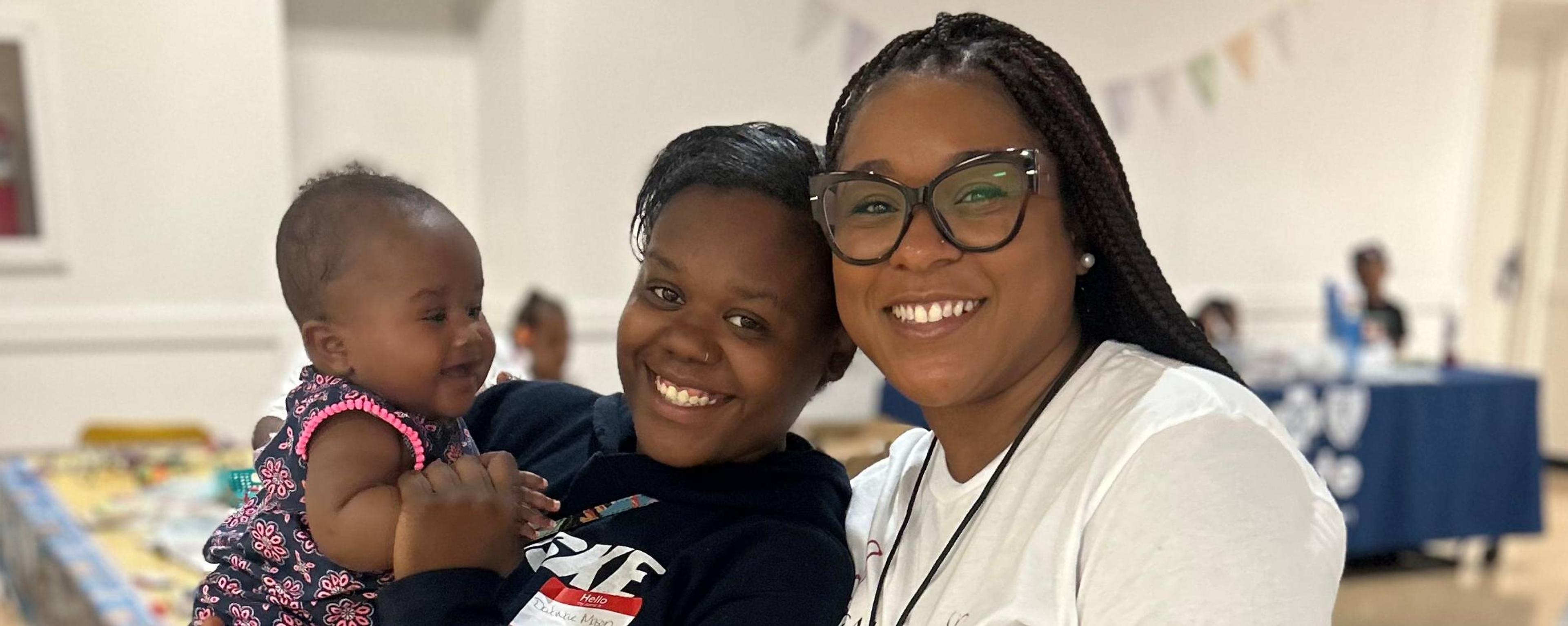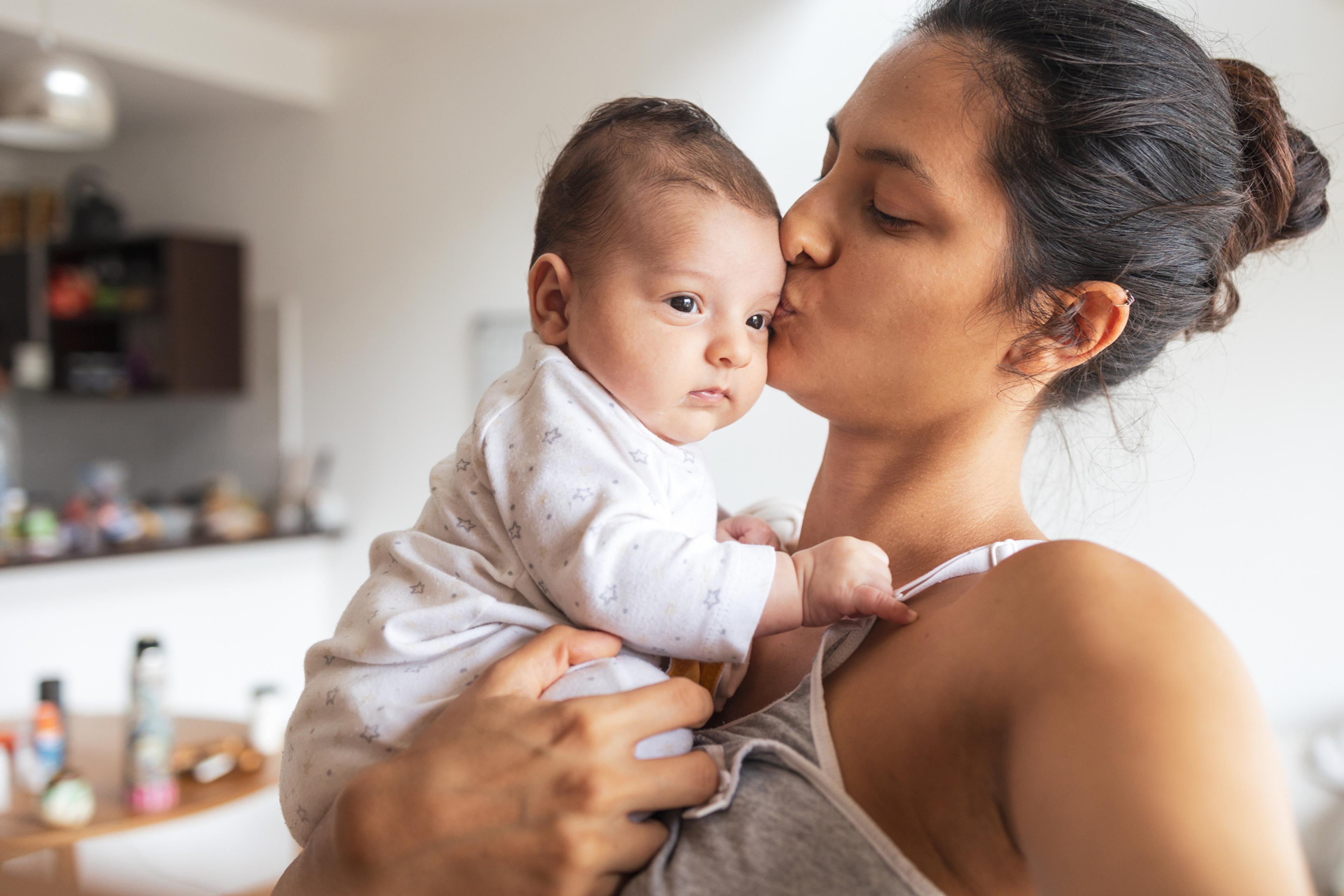Does the “Sleepy Girl Mocktail” Work?
Jake Newby
| 3 min read

Social media’s self-help influencers have produced countless lifestyle “hacks” over the last few years. Many viral self-help trends are debunked by health professionals and should be avoided at all costs. Others, at least have some scientific basis. If you are not sure, please check with your health care provider.
The “sleepy girl mocktail” is a supposed sleep hack that’s made the rounds on TikTok and other platforms for months now. It’s a beverage that combines pure tart cherry juice and magnesium powder. Some recipes include sparkling water or prebiotic soda. This concoction is supposed to help you sleep. Does science agree?
Is the sleepy girl mocktail the best way to get a good night’s sleep?
Research supports cherry juice as a proponent of sleep pattern of improvement. Cherry juice contains melatonin, which is a substance produced naturally by the body that helps with sleep.
In terms of the magnesium side of the mixture, there’s not enough evidence out there to support magnesium’s direct sleep-inducing qualities. Some experts have suggested that magnesium might play a role in relaxation by decreasing cortisol levels.
Magnesium is a key nutrient that helps support many of the body’s functions, like regulating muscle and nerve functions, regulating blood sugar levels and blood pressure, as well as making protein, bone and DNA. It helps muscles contract and makes the heartbeat steadily.
While magnesium may have some stress-reducing components, it can also cause adverse health effects. Consuming more than 350 milligrams of magnesium supplements a day can cause side effects including diarrhea, nausea and abdominal cramps. Extremely high intake of magnesium supplements can cause irregular heartbeats and cardiac arrest, according to the National Center for Complementary and Integrative Health, which issued this bulletin in direct response to the sleepy girl mocktail trend.
More research needs to be conducted on whether magnesium supplements are effective in preventing insomnia and other sleep disorders. For now, it’s considered ineffective.
Improving your sleep hygiene for high quality sleep
This trend can’t be endorsed for direct sleep benefits, as the evidence that the sleepy girl mocktail helps you sleep is largely anecdotal at this time.
There isn’t one magical supplement or drink to turn to for better sleep quality. At least not one that’s universally backed by science and the medical community. Instead, getting better sleep involves a series of lifestyle tweaks. Some habits that can improve your sleep health include:
- Being consistent: Try going to bed and waking up at the same time, even on weekends.
- Setting up your sleep environment: Make sure your bedroom is quiet and dark (blackout curtains and/or a sleep mask can help) and is at a comfortable temperature.
- Setting boundaries with technology and lights: Either remove electronic devices like TVs, computers, and smart phones, from the bedroom or turn them all off two hours before bedtime.
- Connecting with the sun: Our ability to fall asleep and wake up is a part of the natural circadian rhythm our bodies have. This internal clock is directly influenced by daylight from the sun. Take daily walks outside for consistent but safe sun exposure.
- Being mindful of what you consume and when: Avoid large meals, caffeine, and alcohol before bedtime. Avoiding caffeine after 3 p.m. is recommended.
- Getting some exercise: Being physically active during the day can make it easier for you to fall asleep at night.
Read more from MI Blues:
- Do You Need to Book a Sleep Vacation?
- ‘It Was Lifechanging for Me:’ Blue Cross Coordinated Care℠ Program
- Are There Benefits to Eating Protein Before Bed?
Photo credit: Getty Images





